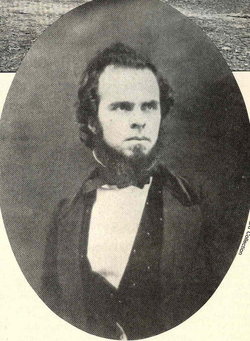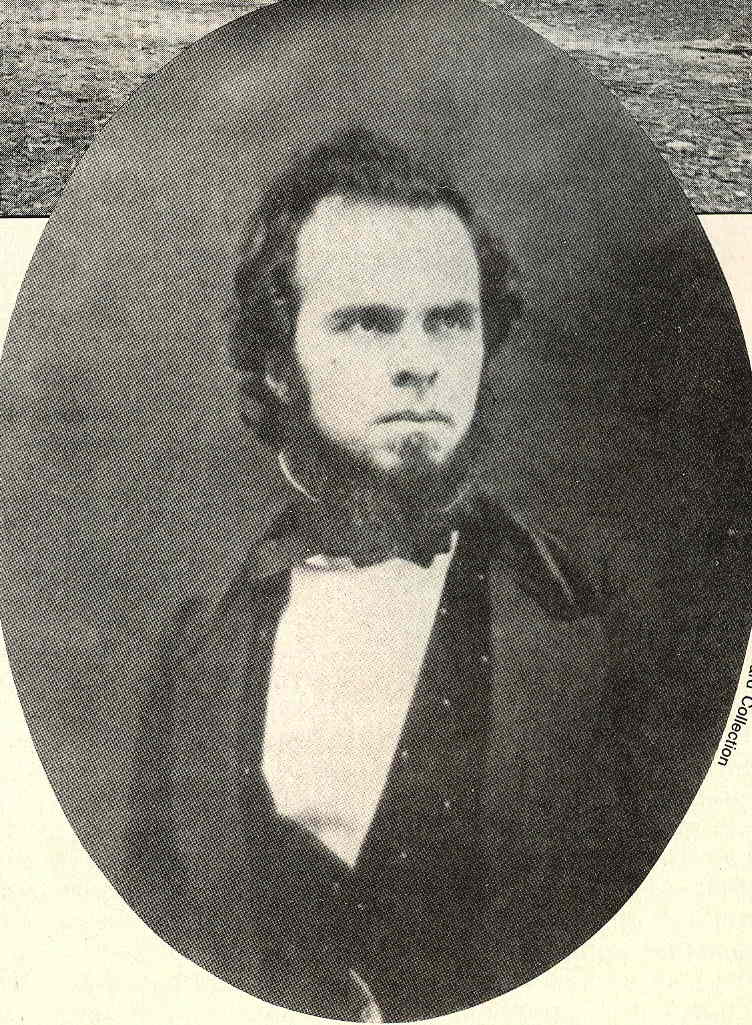It is sad to consider Willson never lived to fulfill his promise. He died leading his company in a charge upon Confederate lines at second Bull Run, on August 30, 1862. In a letter he wrote April 21, 1862, he said he hated the idea of being killed by artillery. Ironically, on the field at Bull Run he was mortally wounded in the head by a shell fragment precisely what he had feared. But in a regimental report of the action Major William T.C. Grower lamented:"Captain Wilson[sic]was conspicuous for valor."
It is sad to consider Willson never lived to fulfill his promise. He died leading his company in a charge upon Confederate lines at second Bull Run, on August 30, 1862. In a letter he wrote April 21, 1862, he said he hated the idea of being killed by artillery. Ironically, on the field at Bull Run he was mortally wounded in the head by a shell fragment precisely what he had feared. But in a regimental report of the action Major William T.C. Grower lamented:"Captain Wilson[sic]was conspicuous for valor."
Advertisement
Explore more
Sponsored by Ancestry
Advertisement


